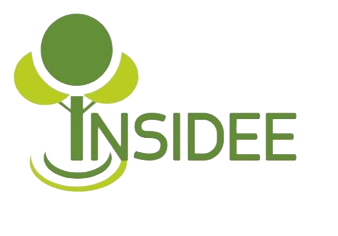The Project
INSIDEE – INclusion through Sustainable Development and European Eco-citizenship
Young people with disabilities and special educational needs are often excluded from environmental concerns and sustainable development issues, because of a lack of adapted supports and a sometimes limited environment due to their disabilities. However, they have the same needs as the common public, regarding information and understanding of their environment, discovery of nature, origin of their food… in order to better control their consumption, to measure the impacts of their way of lives on the environment…They also have the same rights, the same duties and the same responsibilities, regarding sustainable development and eco-citizenship.
But young people with intellectual disabilities require a specific and adapted approach. In most cases, this public has difficulties expressing their expectations, formulate their life or professional project, or even feel concerned by the disease, and understand its impact in terms of disability
Young people will:
• Develop their self-awareness about their possibilities and abilities to act on and have a direct influence on their environment.
• Be provided with knowledge and skills that will help them be active European eco-citizens.
• Develop a European identity by exchanging experiences, working on various sub-themes of the project.
• Improve their social skills through the development of sustainable and long-lasting friendships.
• Increase their understanding, tolerance and respect.
• Develop their capacity of taking initiatives, responsibility for project activities and building self- confidence during mobilities abroad.
• Up-skill their ability to make decisions, interpret global issues and to communicate freely in a world without borders.
• Improve their communication, social and presentation skills, learning to understand and to be understood by others.
• Appreciate the importance of learning foreign languages.
• Have a higher level of cultural awareness and deeper understanding of inter-cultural dialogue.
• Develop their ICT skills.
• Develop and improve their literacy skills working with a variety of sources of information
• Develop their entrepreneur skills.
Youth workers will:
• Be engaged in a European collaborative team work and interdisciplinary cooperation.
• Upgrade their skills by exchanging and sharing working methods, good practices and ideas that will enrich their professional expertise.
• Have extra motivation for learning foreign languages in order to communicate with their colleagues.
• Improve their level of English – the working language of the project.
• Widen their horizons by experiencing different European cultures and expand their personal knowledge of different communities.
Organization will:
• Develop links with European partners.
• Equip their teams with materials and technology needed for the realization of the project.
• Improve their intellectual output by adding public with disabilities and adapted tools.
• Reduce xenophobia amongst beneficent by increasing their awareness of different European cultures
• Develop skills in participation and management of European projects.
The other stakeholders will :
• Take advantage of the developed materials for young people with intellectual disabilities• Use the online resources for activities in the field of environmental education, alimentation and citizenship.
Local communities will:
•Become more familiar with international projects.
• Develop the sense of respect and tolerance towards different nations taking part in the partnership.
• Have a deeper understanding of European development policies an international focus to their work.
• Be willing to open up to and appreciate new ideas coming from other European countries and have a better understanding of collaborative working in a European context.
This project will contribute to the awareness of young people of the effects of human action on the environment, the risks and consequences of anon-respectful behavior on natural resources. Through non-formal education and the organization of support activities, they will be encouraged to put into practice eco-actions which can have a positive impact and will lead to increase their possibilities to change things as citizens at a local and European level.

What can I do!
How to be better to nature? And to our city? What does it mean to be an eco-citizen?
What things can I do while at home, at work and while resting to take care of the future of the Earth?
We do not need to make huge gestures, it is enough for each of us to take small steps every day.
It’s easy! You can do it!
Become an Eco-Ambassador


Get In Touch
Insidee email
INSIDEE
INclusion through SustaInable Development and European Eco-citizenship
